As you may have spotted, the BBC is marking the 50th anniversary of the decriminalisation of male homosexuality with an extended gay season. (And if you haven’t, I can only assume you’ve seen and heard no BBC trailers for months.) The centrepiece this week was Against the Law (BBC2, Wednesday), which dramatised the story of Peter Wildeblood, a Daily Mail journalist imprisoned for 18 months in 1954 for the possibly overlapping crimes of buggery and gross indecency. But — double entendre alert — Wildeblood didn’t take this lying down. After his release, he published a book making the case for legalisation.
In the central role, Daniel Mays captured Wildeblood’s reluctant journey into the spotlight perfectly: his touching nervousness before going into a gay pub; his sense of wonder when he bagged himself a RAF corporal; his feelings of betrayal and humiliation when the corporal in question was coerced by the police to testify against him in return for indemnity.
But even more striking was, of course, the piercing reminder of the almost unimaginably different Britain of not so long ago. Dramas set in the recent past that carry the message, ‘look how much better we are now’, can often end up seeming unfair and irritating. In this case, though, there’s really no denying that we are.
And should anybody have been tempted to disagree, the programme also interspersed the drama with the memories of several elderly gay gents. At first, it looked as if their contributions, while affecting in themselves, might get in the way of the main action. In the event, they served, very effectively, as a kind of Greek chorus, making Wildeblood’s story even more resonant.
One old boy, for example, recalled that, like that RAF corporal, he’d been promised leniency if he shopped a former partner — and that when he did, the man killed himself. (‘Something I’ve had to live with for 60 years,’ he added with a break in his voice.) Another explained how pleased he was with the government’s choice of Lord Wolfenden to investigate the possibility of legalisation — because ‘as it happened, I was having an affair with his son Jeremy’.
The programme was also honest enough to acknowledge that even Wildeblood never quite achieved 21st-century levels of virtue. Appearing before Wolfenden’s committee, he explained that he was seeking tolerance not for ‘the effeminate creatures who love to make an exhibition of themselves’ but ‘for men like us’ who want to live decently ‘despite their tragic disability’.
There was, however, one way in which Against the Law perhaps got into a PC tangle. Throughout the programme, we were told that gay men were promiscuous only because homosexuality was illegal (long-term relationships being far easier to prove and therefore to punish). Judging from the gay novels I’ve read, and the last 50 years of social history, this seemed not just questionable factually, but also a faintly patronising attempt to ensure that male homosexuality didn’t frighten the horses — or heterosexual viewers — too much.
Meanwhile, the good news for anybody enjoying The Handmaid’s Tale is that there’s now another way of seeing Elisabeth Moss trapped in a hideous patriarchal dystopia — except that in Top of the Lake: China Girl (BBC2, Thursday) the dystopia is not an imagined version of America, but present-day Sydney.
In the second series of Jane Campion’s idiosyncratic crime thriller, Robin Griffin (Moss) has returned to her old police force in Australia where her main job — assiduously carried out — is to be insulted by blokes. This, mind you, may be the least of her worries. The male oppressor she shot in New Zealand is now suggesting that the shooting was in some way her fault. More troublingly still, her 17-year-old daughter Mary, conceived by gang-rape and given away for adoption, wants to get in touch. No wonder that, like so many TV detectives, Robin spends most evenings alone surrounded by empty beer bottles.
And all this before a murdered Thai sex worker was washed up on Bondi Beach — and before Robin knows that Mary’s boyfriend works at the same woman’s former brothel teaching conversational English. (‘Wow! Your cock is big!’) When not with him, Mary tends to be locked in arguments with her adoptive mother (Nicole Kidman) about Germaine Greer, and the problems of dating boys raised on computer porn.
If this makes the programme sound like a strange amalgam of a traditional cop show and a think-piece entitled ‘Whither Feminism?’, then that wouldn’t be inaccurate. Yet, so far at least, it’s also a rather intriguing one. The plot strands are slowly coming together, Campion is as committed as ever to making every shot perfect, and Moss is once again proving why she’s in such demand. The odd male character who isn’t either feeble or completely horrible might, I suppose, be nice too — but then you can’t have everything.
Got something to add? Join the discussion and comment below.
Get 10 issues for just $10
Subscribe to The Spectator Australia today for the next 10 magazine issues, plus full online access, for just $10.
You might disagree with half of it, but you’ll enjoy reading all of it. Try your first month for free, then just $2 a week for the remainder of your first year.

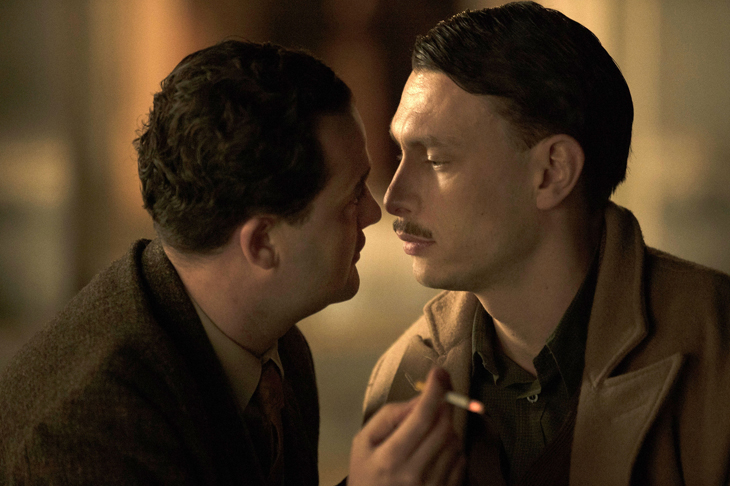
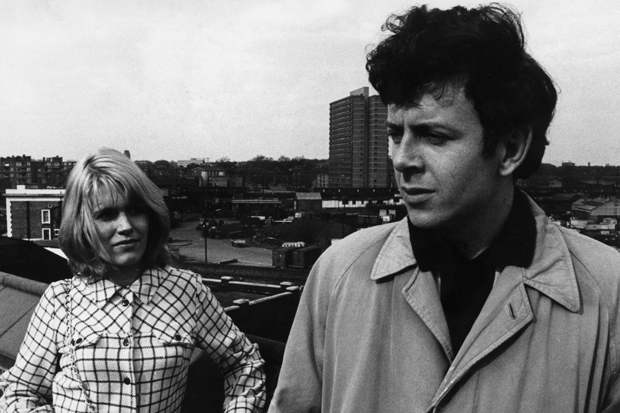
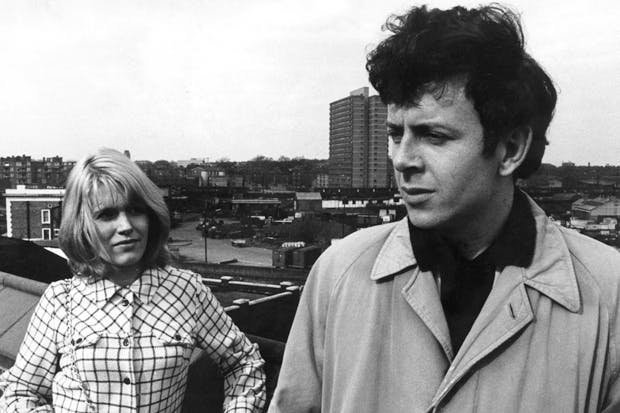

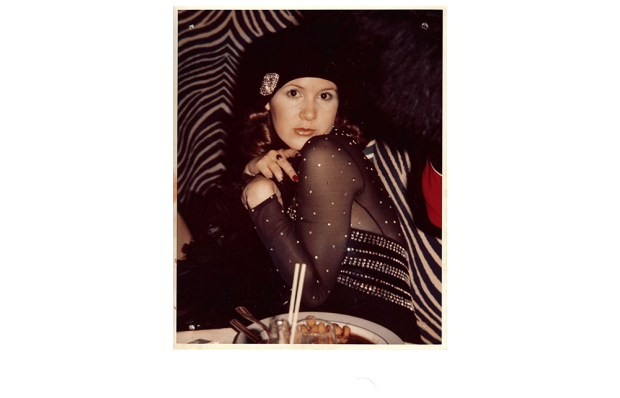
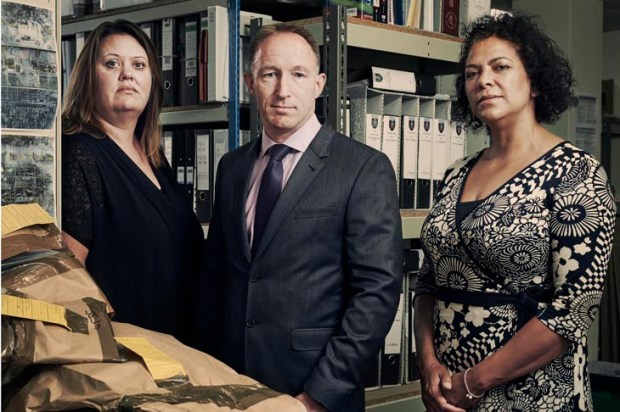
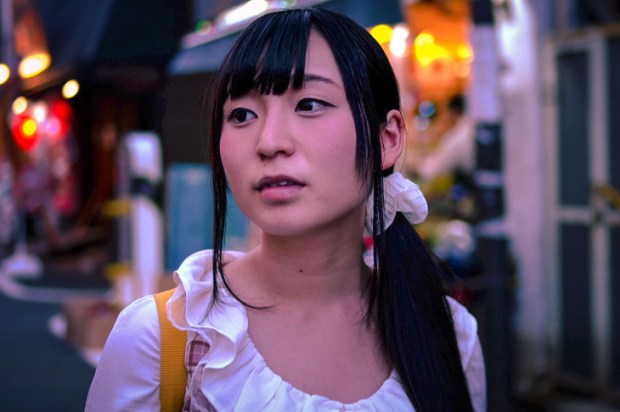






Comments
Don't miss out
Join the conversation with other Spectator Australia readers. Subscribe to leave a comment.
SUBSCRIBEAlready a subscriber? Log in